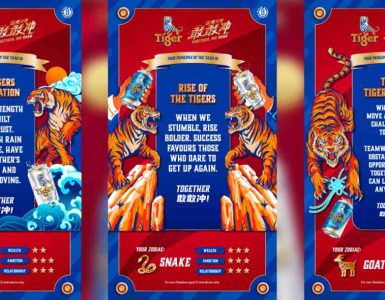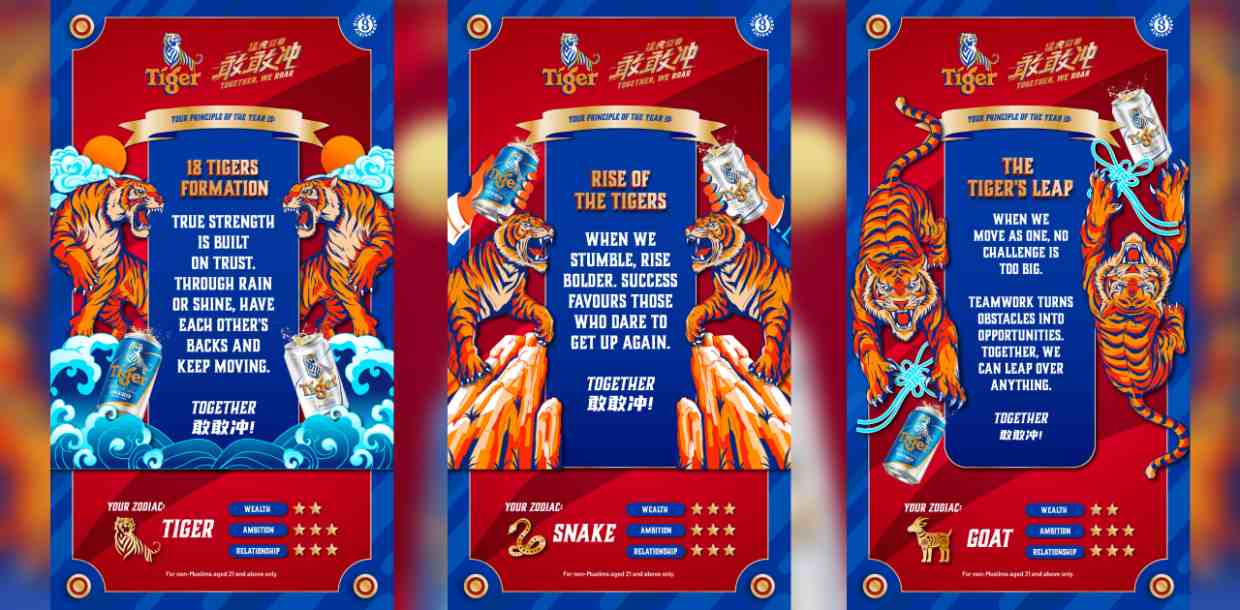Many people nowadays are inspired to look for a special someone online using dating apps and websites. However, as the popularity of online dating grows, so do the threats from cybercriminals looking to exploit vulnerable people. Here are the top five online dating dangers to be aware of this Valentine’s Day.
Phishing for dating resources
Phishing occurs when someone who is looking for the perfect match online is lured into a fake dating app that steals their financial and personal information.
Increased scamming activity has been reported during the Valentine’s season, with fraudsters widely creating fake webpages that look exactly like popular dating apps in order to trick people into giving up sensitive information.
The end result can be identity theft, financial fraud, or even extortion. These can put a strain on mental health, and stolen data may even be sold on dark web markets.

Fake applications
Malicious software can invade devices via files that resemble online dating services. Experts have observed cybercriminals using the names of popular dating apps such as Tinder, Badoo, Bumble, Grinder, and others to spread their malicious activity in recent months.
They frequently distribute adware, which bombards users with numerous notifications. There were also Trojan Spies attacks, which monitor online activity, and Trojan downloaders, which may install other malicious programmes on the victim’s devices. This compromises privacy and security while also causing emotional distress.
Doxing
The act of discovering and publicly disclosing someone’s personal information is referred to as doxing. This is particularly troubling in the context of online dating, where sensitive information can be used to harm or blackmail the individual.
This can put one’s life in danger, as well as cause psychological distress such as anxiety and shame, and have a negative impact on one’s mental health and relationships. In the worst-case scenario, it can also lead to real-life danger, putting you and your partner in danger. Your relationship may be strained as a result of the emotional distress caused by having your personal information exposed.
Catfishing
Chatting with an attractive stranger online can appear to be a lovely idea. Regrettably, not all offers are as genuine as they appear. Numerous spam emails may use attractive profiles and fake identities to entice unsuspecting victims into providing personal information or engaging in online communications.
These emails can spread malware, steal sensitive information, or defraud victims. They can also cause emotional distress and disappointment because victims may form emotional attachments to the phoney identities before realising they’ve been duped. This can also have serious consequences for one’s mental health and well-being.
Stalkerware
Stalkerware is a type of software that can be installed secretly on a device to track the user’s online activities and location. In 2022, 29,312 people worldwide were affected by stalkerware, according to Kaspersky. This invasion of privacy can cause a breakdown in the relationship as well as emotional distress in the victim. It can even endanger the victim’s physical safety in extreme cases.
The possibility to meet individuals from all over the world is one of the best things about internet dating, but there is also a risk of cybercrime. By using secure connections, protecting your personal information, and being wary of unsolicited demands, users can stay safe online. You can safeguard yourself and have a positive online dating experience by being proactive.











